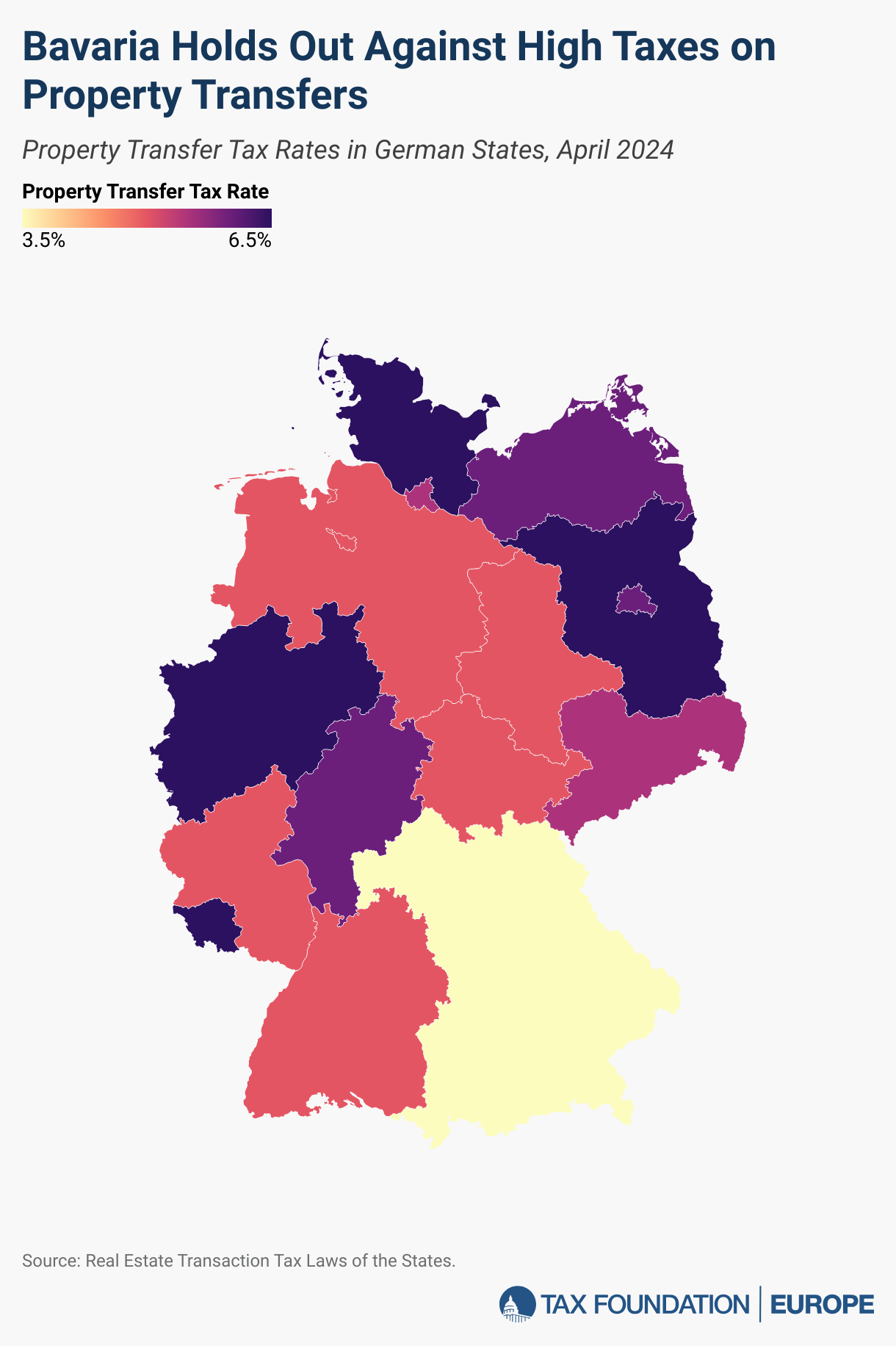December 12 2022 •
To prepare Tax Resolution firms for an inevitable influx of millennial clients, we must to fully understand the concerns, obstacles, and achievements that define this generation. This article examines three key factors contributing to Millennials’ tax troubles.
1. The Transition from Dependents to Independence
Current tax laws allow parents to claim dependents as old as 19 years; this grace period extends to 24 if the dependents pursue full-time education. And with 61% of Millennials attending college, young people are delaying their independence at a much higher rate than before. And when the transition finally happens, Millennials aren’t adequately prepared, resulting in an increased likelihood of making simple mistakes during their first independent filing.
Because more and more Millennials no longer qualify as dependents every day, it’s not uncommon for these young, inexperienced taxpayers to be slapped with a tax bill they are unable to pay. Resolving their cases and subsequently enrolling them in TAP can cultivate a long-term professional relationship.
2. The Proliferation of the Gig Economy
Whether companies require website designers or rideshare drivers, these businesses are increasingly hiring temporary contractors in a ploy to slash operating costs. Due to oversaturation and stagnating wages, Millennials find themselves increasingly ensnared in this scheme — they will comprise about 42% of the gig economy. While this type of employment offers freedom and flexibility, it frequently pays poorly — and catches contractors by surprise come tax season.
Many newcomers to contract work don’t understand that they are not actual employees; the company they work for doesn’t withhold taxes or pay into social security or Medicare. New contractors may not be aware that they must pay quarterly taxes and a self-employment tax. When April hits, Millennial contractors unfamiliar with tax law will be shocked to find that they have to pay up — but they already spent the money that should have gone to taxes. Community Tax can help young contract workers resolve these problems and set them up for success in future filing seasons.
3. The Decline of Permanent Residency
Young people are far less dependent on physical mail than their predecessors. Most — if not all — of their bills can be paid online, circumventing the necessity for regularly checking the mailbox. Because the IRS still depends heavily on communication via post, young people may completely miss any messages, instructions, or issues that the IRS is trying to bring to their attention.
Additionally, most millennials don’t have a permanent address due to high property prices in tandem with stagnating wages. More and more young people to rent perpetually, resulting in frequent address changes. This can make it a lengthy and challenging process for the IRS to catch up with them — with the tax debt inexorably accruing in the background.























